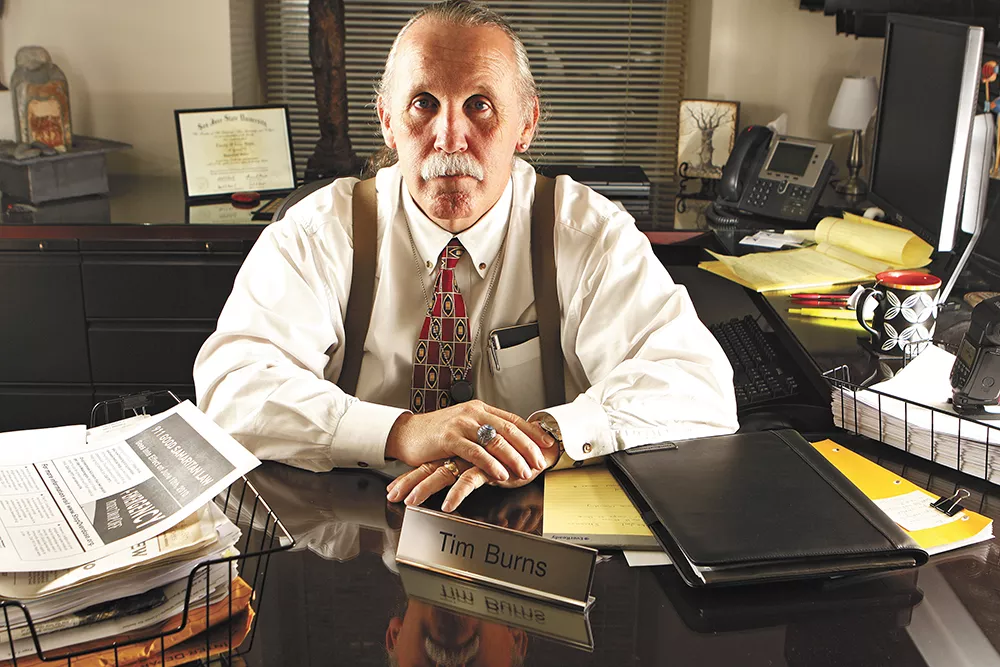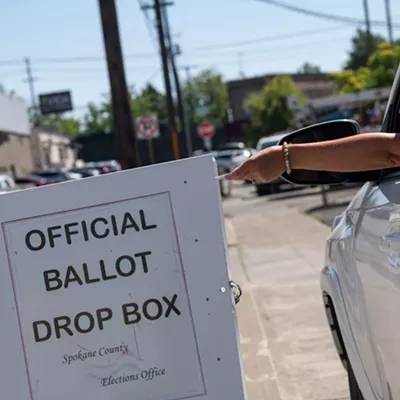
A few days after major changes to the Office of Police Ombudsman legally took effect, significant unfinished work remains ahead. The new contract between the city and the Spokane Police Guild and an ordinance passed by the Spokane City Council earlier this year give the ombudsman more authority, but for much of the change to begin, the city must appoint the five-member commission now charged with overseeing the ombudsman.
Under the new model, most of the ombudsman's investigations will continue to happen within the department's own Internal Affairs process. In addition, he can issue closing reports summarizing complaints and the commission can call for further investigation if the ombudsman believes the department didn't sufficiently investigate a complaint against an officer.
What remains unclear is who will make up the commission — members will be appointed by the mayor and city council — and whether the city can get members appointed and in place by August, when current ombudsman Tim Burns' contract expires. (The ordinance says only that the commission may renew his contract or hire a new ombudsman, so the city council would have to change the law if it wants to extend his contract.)
Burns and others say they're worried that rushing the process could result in a commission that's not diverse or skilled enough for the role it will have.
"Ultimately the commission will be the pulse of the community as it relates to perception [of the police]," Burns says. "This is really going to help define public safety in the city and the region. We can't rush to choose people to simply fill a position."
To consider specifics of who should be sought out for the commission, Mayor David Condon told the Inlander on Monday that City Attorney Nancy Isserlis is leading a new workgroup to hash out details. The group will discuss things like whether commission members should undergo background checks and whether there should be specific "slots" to fill, like ensuring certain members have backgrounds in certain areas or represent a specific race.
But when asked, both Councilman Jon Snyder, head of the council public safety committee, and Julie Schaffer from the Center for Justice, an outspoken voice for police oversight, said they'd heard nothing about such a workgroup.
"I'm hopeful, but I'm still concerned that a lot goes on behind closed doors that should be public process," Schaffer says. "This supposed stakeholder group we didn't even know about is just another example."
The ombudsman office has been at the center of heated debate and disillusionment with the Spokane Police Department since its inception in 2008. Over the years, closed-door contract negotiations and state arbitration decisions had rendered the office nearly toothless. While this latest agreement disappointed some oversight advocates in town, others called it a workable compromise. Schaffer says her group is eager to "make the most out of what we have."
To get started, Snyder suggested opening the application process for the commission from April 1-30, but other councilmembers felt that was an unrealistic timeline. Snyder says the application window will open in the coming weeks, but he's not sure when or how long it will be open.
"Just this last week we had a critical incident," Snyder says. "You never know when these incidents are going to happen, so you want your whole infrastructure in place." ♦






















